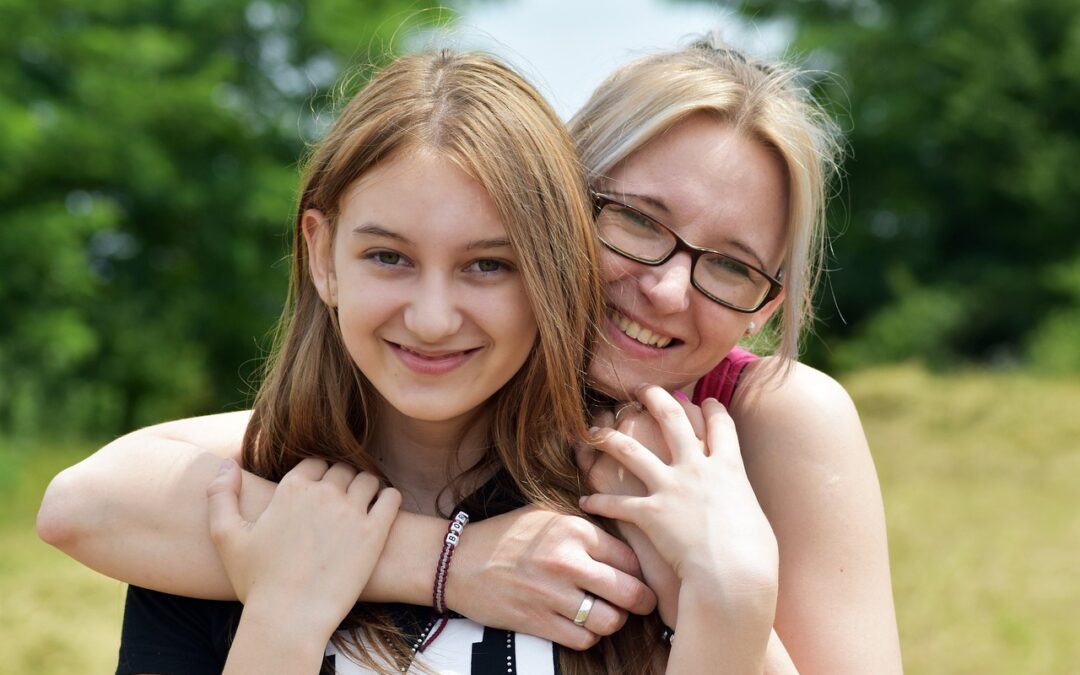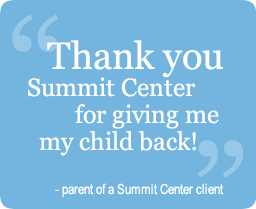By Dr. Lisa White, Ph.D.
Legendary country singer Tammy Wynette sang, “Sometimes it’s hard to be a woman…” But you know what’s really hard? Being a middle school girl. Or a high school girl. Or even an elementary school girl. And being gifted or 2e (twice exceptional; meaning being both gifted and having another exceptionality, such as ADHD, autism, dyslexia, anxiety, etc.) adds an additional level of complexity. Social dynamics, academics, relationships with family members, extracurricular activities, self-concept…there are a lot of angles for a girl to manage.
In the ‘80s and ‘90s there was a lot of pressure for gifted girls to “dumb down” in order to fit in and advance their social status. No one wanted to be thought of as a nerd, and many teen movies showed the smart, geeky girl getting a makeover, losing her glasses, stepping away from her books, and landing the popular guy. Currently, though, girls face a different sort of pressure. With the increasing difficulty of college admissions, girls in many communities feel they have to get perfect grades and test scores, win prizes, even do original research with professors in the hopes of getting into their dream schools. Girls are no longer looked down upon for being high achievers, and being smart is no longer seen as a negative. Instead, girls now often struggle with perfectionism and the feeling that they have to make everything they do look effortless. Additionally, although beauty standards have certainly expanded, there is still a lot of pressure to look a certain way, as well as have a lot of friends, both in real life and as followers on social media.
The flip side of this coin is that some gifted girls, exhausted by perfectionism and the relentless drive for achievement, become underachievers. This is even more often the case for 2e girls, whose second “e,” be it ADHD, autism, dyslexia, anxiety, or anything else, may make it hard for them to succeed in the same ways as typical kids, especially if they don’t have a clear understanding of their challenges and appropriate accommodations or supports. Underachieving and not working to one’s potential can lead to missed opportunities, of course, but, more importantly, to a sense of disappointment in oneself and low self esteem.
Additionally, gifted and 2e girls who go to schools with primarily typical kids may find it difficult to fit in with their peers, either because they think at an advanced level or because they have the overexcitabilities and sensitivities common in gifted and 2e people. Sometimes they struggle with social anxiety or finding their place and their people, or just feel like no one gets their jokes except the teacher. 2e girls with diagnoses like ADHD and autism may have additional social challenges that complicate peer dynamics; the asynchronous development that is a hallmark of twice-exceptionality is certainly evident in a 7th grade girl who can solve math problems at a level far beyond her years but is unable to understand the social machinations of her middle school peers. Older gifted and 2e girls may have a hard time in romantic relationships as well, as finding a match with a similar maturity level, interests, and expectations for what the relationship might entail can be challenging. Gifted and 2e girls with emotional and imaginational overexcitabilities, for example, might find that their assumptions about what a relationship will be like don’t match up with reality, or might take a brush-off much harder than a typical girl.
It can be hard for parents of gifted and 2e girls to know how best to support them. From the time their daughters are young, parents and other parenting adults often strive to enrich their smart girls’ environments, provide them with the best opportunities, and expose them to positive experiences. Still, bringing up a gifted or 2e daughter can raise questions about how much to expect from them, how best to maximize their potential, and how to communicate effectively with them.
Parents may also wonder about how to talk to their daughters about their giftedness or twice-exceptionality in a helpful way. There are a number of excellent books about raising girls (e.g., Enough as She Is by Rachel Simmons, Untangled and Under Pressure by Lisa Damour, and Girls & Sex by Peggy Orenstein) but very few that focus on gifted or 2e girls specifically. Parents might find support in a SENG model parent group if there is one available, although these tend to focus on gifted kids in general and, again, not specifically girls or 2e kids.
Sometimes consultation with a professional who is well-versed in the joys and challenges of parenting gifted girls can be helpful as well, especially as it can be tailored to your exact challenges and questions. At Summit Center, Dr. Lisa White is offering parent consultations for those with gifted and 2e girls; to schedule an appointment, please complete this short form: https://forms.gle/WNG7e3wEtxdG3Nuu6
 About Dr. Lisa White:
About Dr. Lisa White:
Lisa White, Ph.D., has been with Summit Center since its inception in 2009, and has worked with gifted and twice-exceptional children for over 15 years. She provides strengths-based, comprehensive psychoeducational and neuropsychological evaluations for children and adolescents, as well as educational consultations to help families find the right school fit for their kids. Dr. White has special interests in the particular needs of gifted girls and how gifted and 2e kids date and have relationships, and has given numerous talks to local parent groups and schools.


